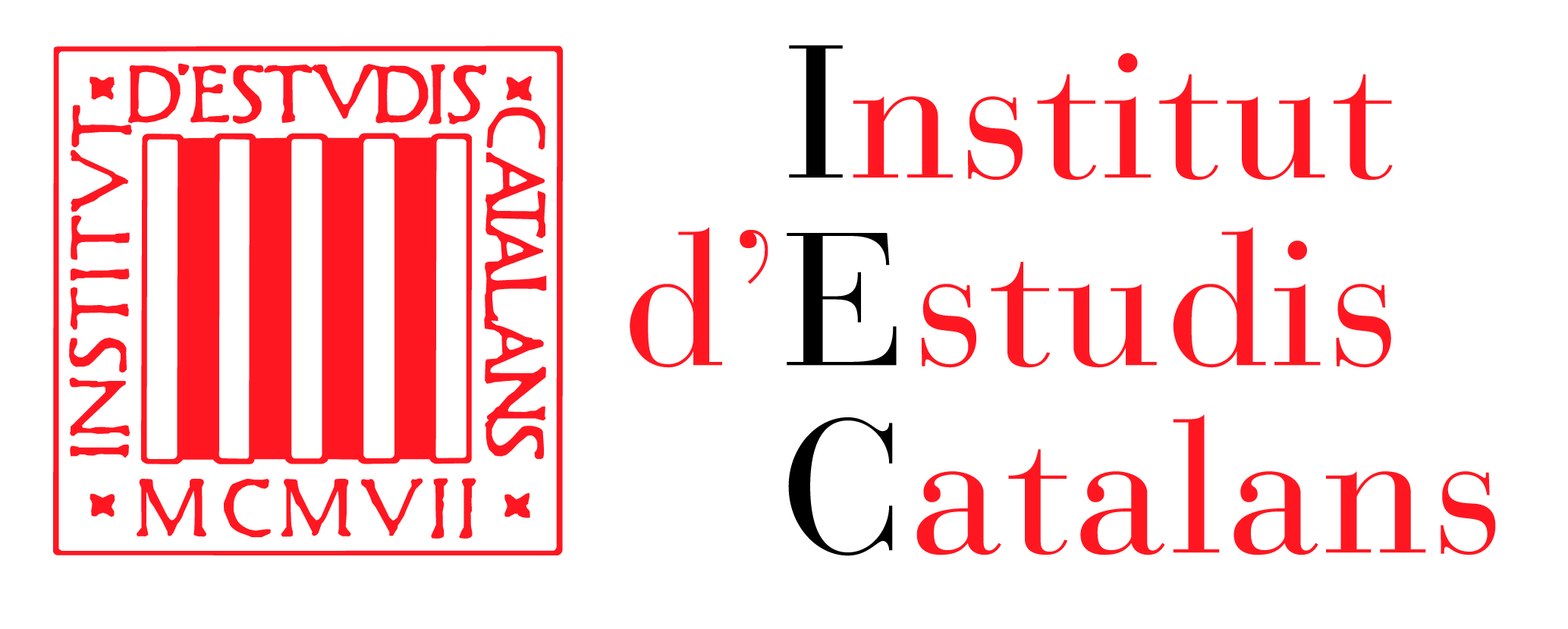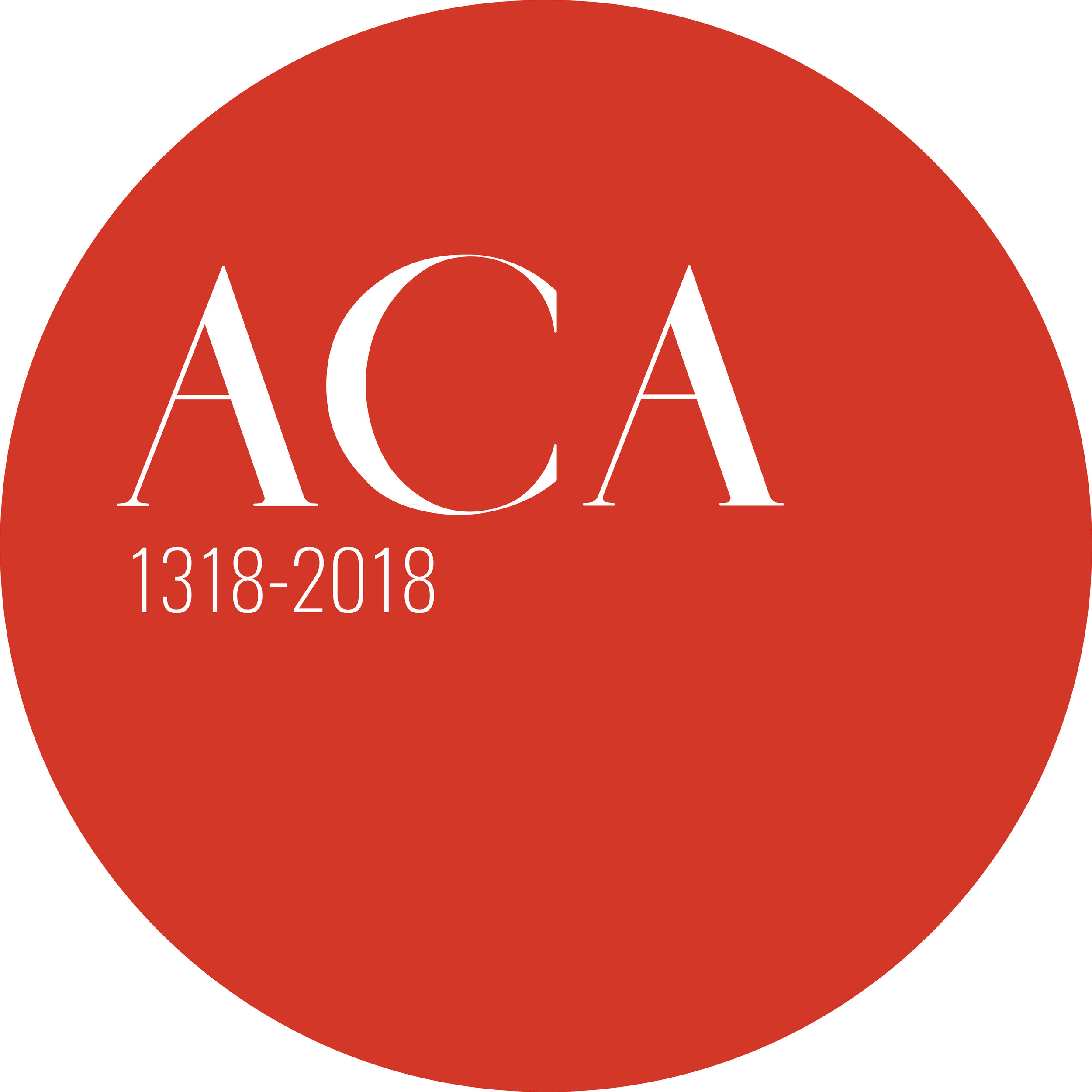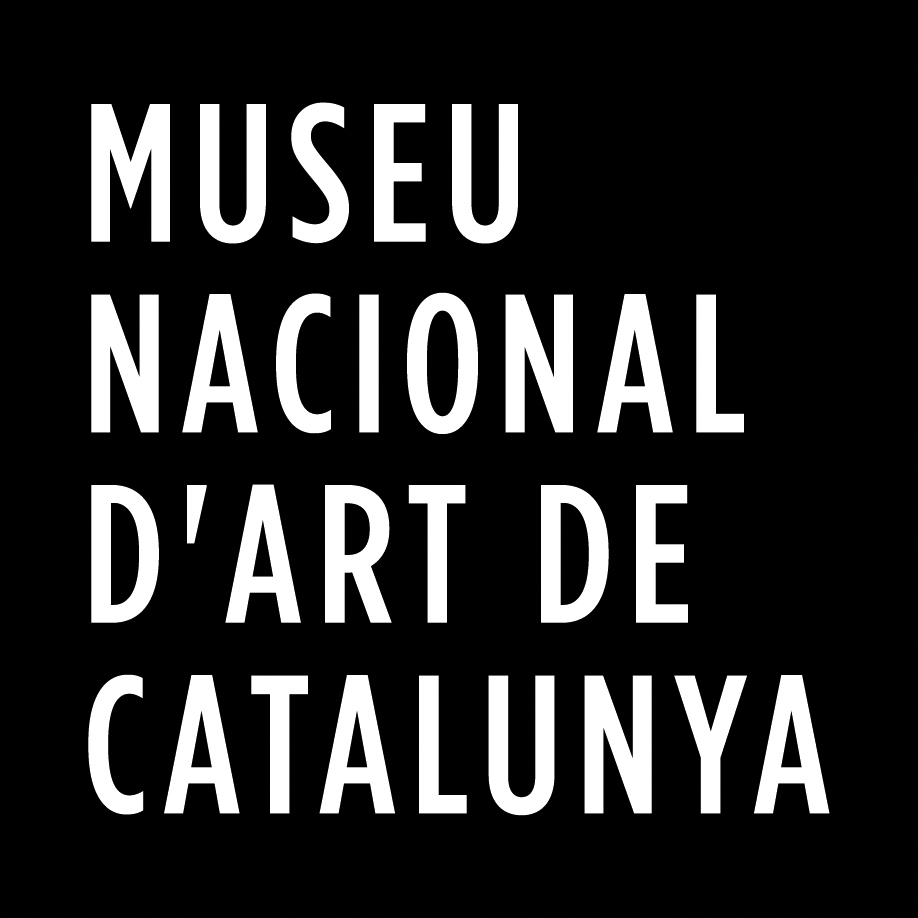‘Movement & Mobility in the Medieval Mediterranean (6th–15th centuries)’
Barcelona, Institut d’Estudis Catalans
8–11 July, 2019
The sixth biennial conference of the Society for the Medieval Mediterranean (SMM) took place in Barcelona, at the Institut d’Estudis Catalans (IEC), from Monday 8 July (afternoon) to Thursday 11 July 2019 (morning). An optional excursion for attendees and accompanying persons was on Friday 12 July.
The conference was dedicated to the memory of the former President of the Society, Professor Simon Barton. On Thursday 11 July, an event was held in honour of him.
Videos of the plenary sessions are now online. You can view them here: https://www.youtube.com/watch?v=Yr3hR5aFr-U&list=PLJPVNzVlFt_ACf1gogqYfLF2u1paDBy7Z&index=1
Global Networks: Mobility and Exchange in the Mediterranean (600-1000), keynote of Petra M. Sijpesteijn (University of Leiden) https://www.youtube.com/watch?v=Yr3hR5aFr-U&list=PLJPVNzVlFt_ACf1gogqYfLF2u1paDBy7Z&index=1
The Restless Mediterranean, a Sea in Motion, keynote of Amy Remensnyder (Brown University) https://www.youtube.com/watch?v=nReBiSJgdqI&list=PLJPVNzVlFt_ACf1gogqYfLF2u1paDBy7Z&index=2
Special Session in Honour of Simon Barton (New Directions in Medieval Iberian Studies: Simon Barton’s Scholarly Legacy), https://www.youtube.com/watch?v=n8q3Ya5GaG4&list=PLJPVNzVlFt_ACf1gogqYfLF2u1paDBy7Z&index=3
+ CALL FOR PANELS, PAPERS, & POSTERS
**“MOVEMENT AND MOBILITY IN THE MEDIEVAL MEDITERRANEAN
(6TH – 15TH CENTURIES)”**
The medieval Mediterranean was not a static maritime space. In recent years, studies have focused on Mediterranean dynamics, connections, encounters and entanglements. What approaches do researches from History, Literature, Archaeology, Philology and other disciplines adopt to better understand the complexity of the medieval Mediterranean? How and to what extent did multiple agents, phenomena and factors interact to shape and intertwine the multidimensional spheres of the Mediterranean? We welcome papers from all disciplines that study movement and mobility from different perspectives in and across the medieval Mediterranean and its extensions, both physical and imagined. This theme invites a variety of lines of inquiry, a number of which are suggested below.
Topics of the conference could include, but are by no means limited to:
- Multicultural contacts, transculturation and assimilation in the medieval
- Medieval Mediterranean crossings
- Circulation of political, religious and cultural ideas
- Circulation of people and commodities
- Major and minor, forced and voluntary migrations
- Pilgrimage and religious mobility
- Diplomacy and its agents
- Commerce and its agents
- Military expeditions and coastal defence
- Naval technology and navigation
- Medieval Mediterranean geostrategy
- Geographical explorations
- Links between the Mediterranean and connected seas (Atlantic, Black Sea, Red Sea)
The call for papers is now closed. Applicants will be notified regarding the acceptance of their panel, paper or poster by the end of February 2019.
Language: Papers will be delivered in English. However, panel chairs will be allowed to accept discussions in any other language, while guaranteeing, if needed, translation into English.
+ KEYNOTE LECTURES
The keynote lectures will be delivered by:
Professor Petra M. Sijpesteijn (University of Leiden) Global Networks: Mobility and Exchange in the Mediterranean (600-1000) Monday 8th July 2019
The establishment of the Muslim Empire in the mid-seventh century C.E. on the south-eastern shores of the Mediterranean was long considered to have precipitated a break in trans-Mediterranean contacts, with western Europe, the Levant and North Africa each going their separate ways. Archaeological and historical research has shown that movement between the European and African/Levantine litorals did continue to take place for commercial, political (diplomatic and military), religious and scientific reasons. Nevertheless, there are clear ups and downs observable in the intensity and frequency of contacts due to developments in the Mediterranean itself, but also far beyond in Northern Europe, Arabia, Persia and even South Asia. This paper will examine movements across the Mediterranean in the centuries just before and following the establishment of the Muslim Empire. I will present evidence for material and intellectual exchange and examine how connectivity intensified and diminished in relation to political developments in the region and beyond. The focus will be on the south-east “upwards,” looking at the Sasanian, Byzantine and Islamic Empires and their interaction with the northern and western parts of the Mediterranean, using material evidence and globalisation theories. The Iberian Peninsula and Southern Italy, which were for a period also part of the Islamic Empire, will also be brought into the discussion as representing a unique and important instance of trans-regional integration. By doing so it will become clear that trajectories of mobility in the early Islamic Mediterranean are not determined by religious-political fault lines, but continue long-established patterns of trade, migration and cultural exchange.
Professor Amy Remensnyder (Brown University), The Restless Mediterranean: A Sea in Motion Wednesday 10th July 2019
“The waters of the sea are more rude, sonorous, and wondrous in their elevations than other waters,” wrote the travel-mad fifteenth-century Dominican friar Felix Fabri, who had spent long months aboard ships in the Mediterranean. Taking his observation seriously opens a new approach to Mediterranean mobility. As salt water has been historicized, it has often been reduced to a surface across which ships move to connect terrestrial points, a featureless if unruly substance in the service of human mobility. Yet the sea itself is a living environment in ceaseless motion—wind and wave, tempest and tide, the sway of fishes and the play of light, the pull of currents and the drift of seaweed. Medieval Muslim, Christian, and Jewish seafarers in the Mediterranean recognized that the sea was never still. Its multiple mobilities shaped their maritime movements, voluntary and involuntary, sometimes with disastrous results of shipwreck and stranding. Muslims, Christians and Jews responded with legends, cultural artifacts and religious practices in which the dance of mobile and immobile created a shared Mediterranean maritime supernatural. This talk explores the new seas of history that await the scholar who understands the restless mobile Mediterranean not just as a stage for history, but also as an active participant in it.
+ REGISTRATION & FEES
Early Bird Registration: until – April 30 2019 (23.59 UTC/GMT +1): €160
Regular Registration: May 1 – June 5 2019 (23.59 UTC/GMT +1): €190
Accepted speakers will have until April 15 2019 to register. After that date, others will be offered their places and will be required to register before April 30 2019.
Registration fee will include: coffee breaks and lunches; reception at the conference venue on Monday 8th July; hotel reduced prices; Barcelona public transport ticket; free entrance to main Barcelona historical museums & exhibitions
+ OPTIONAL ACTIVITIES
(For attendees and accompanying persons)
Conference dinner in the gardens of the former shipyards of Barcelona, hosting the Museu Marítim de Barcelona, with an optional visit to the museum and its new current exhibition on shipyards and galleys, served by Norai restaurant (Tuesday 9 July) – €45
Visit to the former royal palace and royal chapel of Santa Àgata (with temporary exhibition on Medieval Barcelona at the Saló del Tinell) and to the temporary exhibition on 700 years of the Archives of the Crown of Aragon (Palau del Lloctinent), with catering dinner and wine (Wednesday 10 July) – €20
Full day excursion to medieval Girona, Peralada (with lunch included), Sant Pere de Rodes medieval monastery, fishing and tourist village of El Port de la Selva (Friday 12 July, all day) – €50 Places are limited to 65, and the visit will go ahead only if the minimum number requirement of 36 is met. There will be an English speaking tour guide.
Itinerary: Girona – Peralada (lunch included at El Grill del Celler restaurant) - Sant Pere de Rodes - El Port de la Selva.
- 8.30 Departure from Barcelona (Plaça de Catalunya, in front of Hard Rock cafè)
- 9.45 Arrival at Girona and beginning of the guided visit of the cathedral, museum and Romanesque monument of Sant Pere de Galligants, Jewish quarter and Jewish museum (tickets included)
- 12.30 Free time around Plaça de la Independència.
- 13:00 Departure from Girona
- 14:00 Lunch in Peralada
- 16:00 Visit to the monastery of Sant Pere de Rodes (ticket included)
- 18:00 Free time in el Port de la Selva (with the possibility of swimming at the beach and seeing the arrival of fishing boats)
- 19:00 Departure from Port de la Selva to Barcelona (approximate arrival at 21.00)
+ BURSARIES
Postgraduate student bursaries:
The SMM will offer up to 15 bursaries for PhD students who wish to present their research at the conference. The bursaries will cover the costs of both registration fees and the conference dinner.
The Sociedad Española de Estudios Medievales (SEEM) offers two bursaries of 150 € to help cover registration fees to their associates who are under the age of 30 (for more information, please contact secretaria@medievalistas.es).
+ ORGANISING COMMITTEE
Dr. Roser Salicrú i Lluch (IMF‐CSIC & IEC)
Dr. Ivan Armenteros Martínez (IMF‐CSIC)
Victòria A. Burguera Puigserver (IMF‐CSIC & UIB)
Pol Junyent Molins (IMF‐CSIC)
Marta Manso Rubio (IMF‐CSIC & UB)
Dr. Alessandro Rizzo (IMF‐CSIC & ULiege).
+ VENUE

https://www.barcelonaturisme.com/wv3/en/
+ PROGRAMME
+ QUERIES
Specific questions can be directed to: smm.bcn.2019@imf.csic.es
















